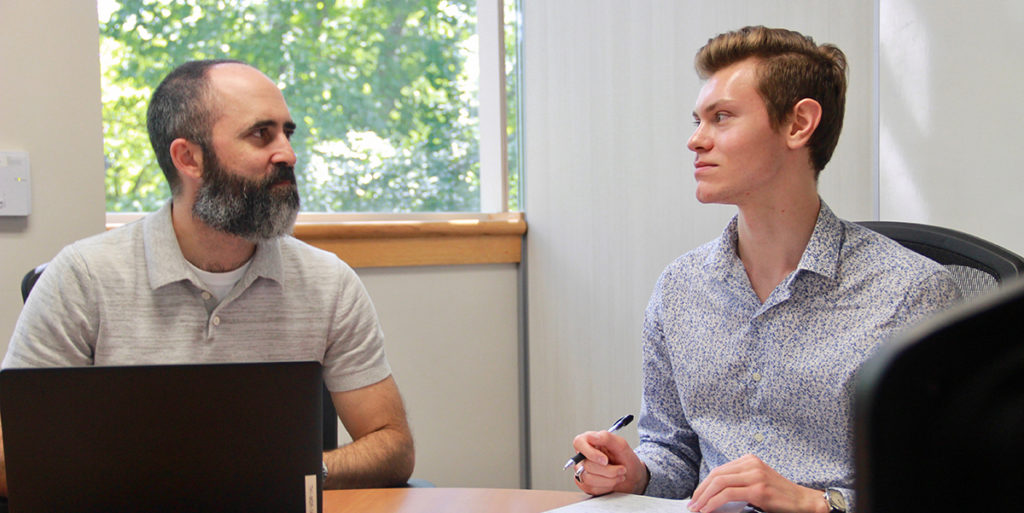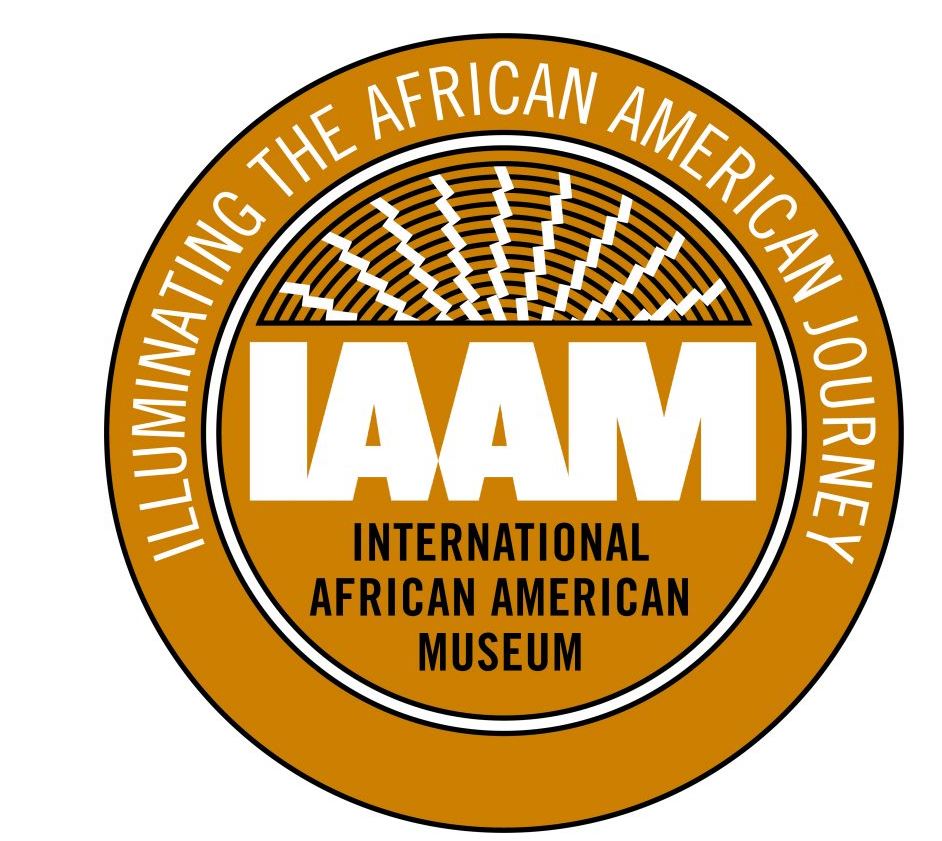
Construction is scheduled to start this week on implementing the first phase of UNCs new Innovation Framework, which is a three-lane model for translational research being developed by the Institute for Convergent Science. The construction project will reconfigure existing space in the Genome Sciences Building to implement pilot versions of the “convergence,” “demonstration” and “commercialization” lanes of the new framework. The pilot will test key principles for streamlining the innovation process from initial concepts to the launch of commercial products or technological solutions.
The space now occupied by the Genomic Café on the first floor of the Genome Sciences Building will be turned into a “convergent commons” that is designed to support collaborative and creative teams as they come together to brainstorm new interdisciplinary research ideas. (Never fear, the redesigned space will also have a public café when it reopens in mid- to late spring with coffee and grab-and-go food available.)
The 4,500-square-foot research commons will be equipped with clusters of workstations and informal seating for group work. Two small reservable rooms in one corner will be available for meeting space. The commons will also host innovation programming and events.
Additional changes are coming to the second floor of Genome Sciences that will be dedicated to lanes two and three of the Innovation Framework.
About 7,500 square feet, including an existing wet lab, will be turned into space for Institute for Convergent Science offices (which will house new executive director Caleb King and staff), plus lab space for NIMBLE projects. NIMBLE is an acronym that stands for “New Invention — Make it Big or Leave Early,” and it represents lane two of the Innovation Framework.
The most promising ideas developed in the lane one research commons space will compete to become NIMBLE projects in this more private lab space. This is where prototypes will be built and refined, and concepts tested. Teams working on NIMBLE projects will follow a disciplined schedule and meet demonstrable milestones.
When NIMBLE projects are ready to advance to development, commercialization and product launch, some will move to an adjacent space on the second floor of Genome Sciences called the KickStart Accelerator. This 7,500 square foot wet lab space represents lane three of the Innovation Framework, and it will be run by Kickstart Venture Services, a part of Innovate Carolina. KickStart assists early-stage, faculty-founded companies with business development, coaching and mentoring, industry connections, funding and space.
The Genome Sciences Building, located on the border of the main campus and UNC’s health sciences schools, is ideally situated to test the three-lane approach to convergent science, said J Cohen, assistant dean for facilities planning in the College of Arts & Sciences. “This is where basic research meets clinical applications. Researchers in biology, chemistry iBGS (Integrative Program for Biological and Genome Sciences) are already working with one another in this space, and they are near their colleagues in the schools of medicine, pharmacy, nursing, dentistry and public health.”
Convergent science is a problem-centered approach to research that draws together innovators from a span of disciplines. The Institute for Convergent Science is a collaboration between the College of Arts & Sciences, UNC Research and Innovate Carolina.



